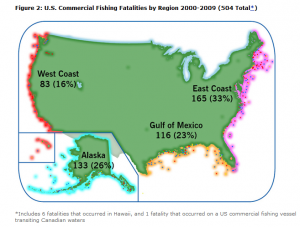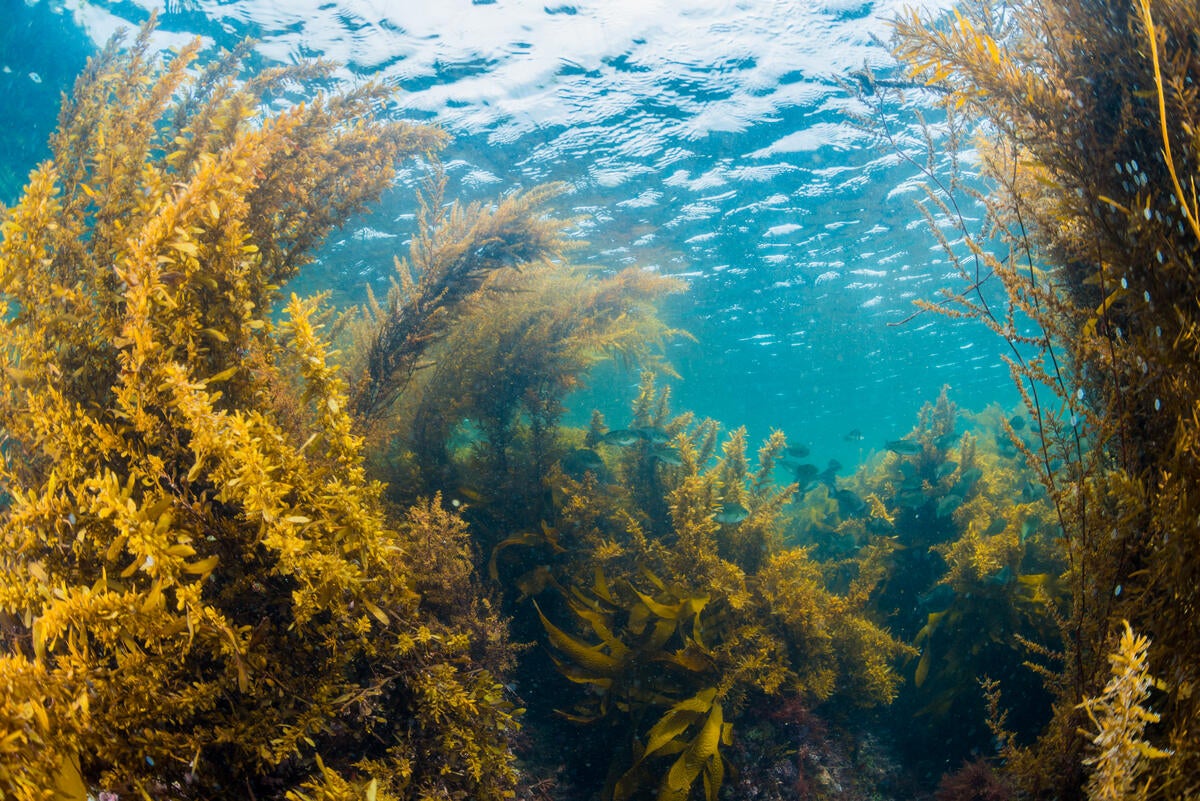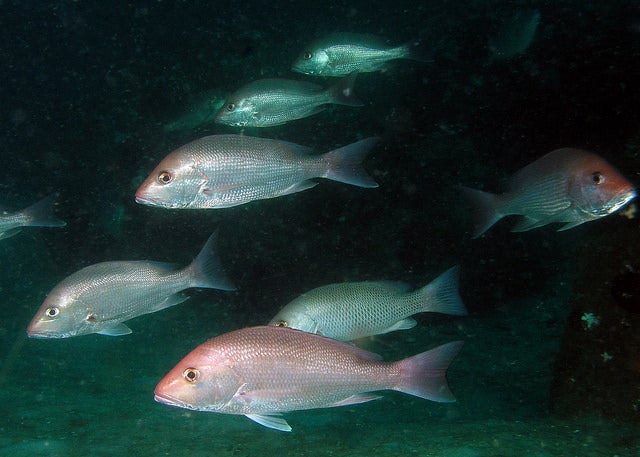In-Depth Reporting on the Dangers of Commercial Fishing

The Center for Public Integrity teamed up with NPR and WBUR to report on the significant dangers of the commercial fishing industry. The U.S. Bureau of Labor Statistics has found that commercial fishing is the deadliest job in America.In 2010, fishermen faced a risk of dying on the job 42 times higher than the average worker.
The in-depth piece by the Center for Public Integrity’s Ronnie Greene highlights a host of reasons why fishing can be such risky business. In many ways fishing is inherently dangerous. One fisherman interviewed explained if there’s a problem on the boat at sea you can’t exactly pull over and call AAA.
Some call for the Coast Guard to have greater authority to improve safety, and others want to see an increased use of life-saving equipment and more safety training for fishermen.
Long time fishing safety advocate Richard Hiscock who used to work in the U.S. House of Representatives characterized the mostly reactive safety laws as, “the little Dutch boy going around putting his finger in the dike.”
The Center for Public Integrity reported that Dr. Jennifer Lincoln of the CDC’s National Institute for Occupational Safety and Health (NIOSH) in Alaska says using a life raft or immersion suit increases survival rates by 15 and 7 percent respectively.
One aspect of fishing safety that was not focused on in the piece is that catch shares can—in some fisheries –improve safety because fishermen are allocated a secure share of the fleet’s overall catch and often have longer seasons, which eliminates the ‘race to fish’ and allows them to avoid fishing during dangerous sea conditions.
The number of search and rescue missions for Alaska’s halibut and sablefish fishery went from 26 and 33 in 1993 and 1994 respectively, the last pre-catch share years, to 3 in 2009 and 2 in 2010 under catch share management.The Alaska crab fisheries shown on the Deadliest Catch TV show, while still dangerous due to the fishing conditions, have become less deadly since switching to catch shares and implementing a Coast Guard safety program. In the five years before catch shares took effect, eight people died in the Bering Sea/Aleutian Islands crab fisheries. In the six years since the fishery switched to catch shares in August 2005, there’s been one fatality.
The Center for Public Integrity article can be read here.












